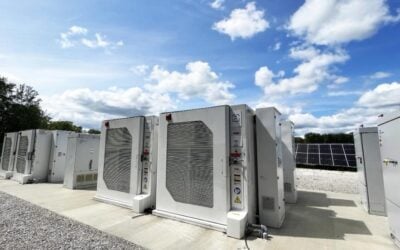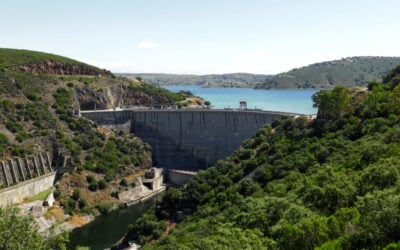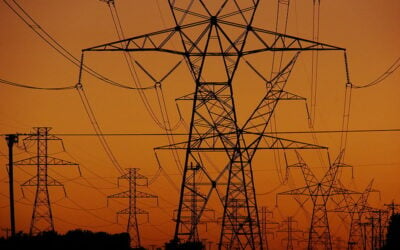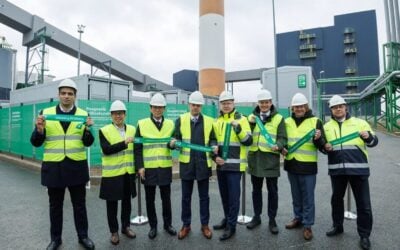
The European Union has no choice but to develop a coherent strategy on energy storage if it is to achieve its decarbonisation goals and end its dependency on Russian fossil fuel imports.
That was the view expressed to Energy-Storage.news by Patrick Clerens, secretary general of the European Association for Storage of Energy (EASE) in an interview yesterday.
Enjoy 12 months of exclusive analysis
- Regular insight and analysis of the industry’s biggest developments
- In-depth interviews with the industry’s leading figures
- Annual digital subscription to the PV Tech Power journal
- Discounts on Solar Media’s portfolio of events, in-person and virtual
Or continue reading this article for free
EASE recently called on the European Commission to address the omission of energy storage from policies designed to quickly reduce the need for gas and coal imports from Russia, as well as carry through longer term targets for decarbonisation.
The association teamed up with fellow trade groups Solar Power Europe and Wind Europe, as well as Breakthrough Energy, the energy transition organisation founded by technology business guru Bill Gates, sending an open letter to European Commission leaders.
The commission needs to take steps such as establishing energy storage targets for 2030 and including them in the RePower EU plan, the letter argued. While RePower EU includes a big renewable energy increase, including 420GW of additional solar PV by 2030, it maintains a large degree of reliance on gas, particularly from peaker plants.
Speaking at the ees Europe conference held in Munich, Germany, Clerens said that for the EU to meet its stated goals of reducing CO2 emissions by 55% and sourcing around 40% of its electricity from renewables by 2030, a “massive” rollout of energy storage is absolutely necessary.
EASE experts and member organisations found through research and analysis that roughly 190GW of energy storage would be needed by 2030. That means a big leap within eight years from the 60GW or so already installed in Europe.
“Last year, we installed less than 1GW for the year in the whole of Europe. To achieve these goals, we’d need some 14GW [of new energy storage] per year. So you see the challenge,” Clerens said.
“If we don’t do this, we don’t have enough storage for renewables, we will curtail renewables [output], and we will struggle to achieve the backup energy supply we need.”
“If we want to deploy renewables, we need to deploy storage massively. There’s no choice, we need a coherent strategy on how to deploy this. The question is not do we need it? The question is how to achieve it, and [for] people [to] wake up to this.”






